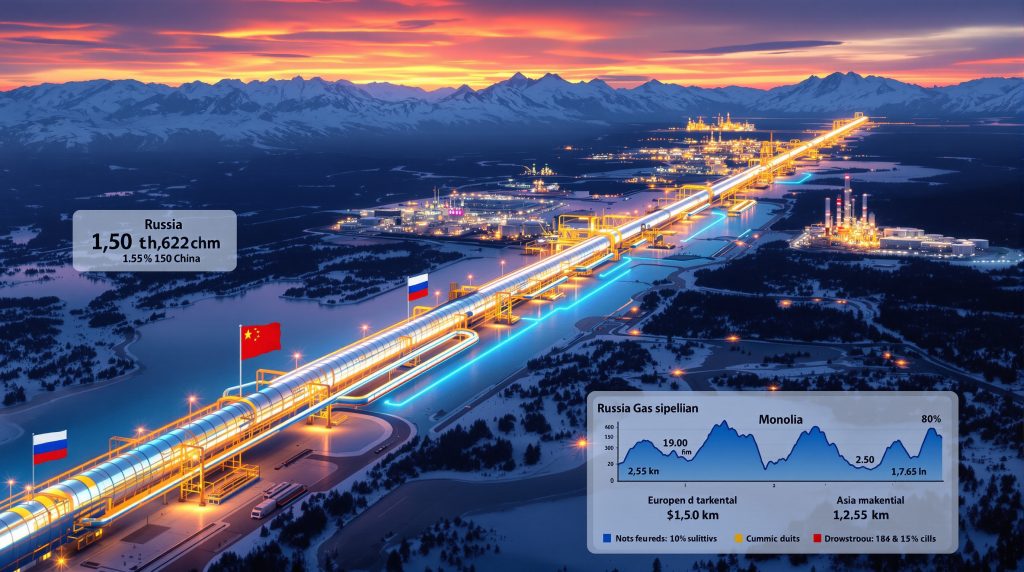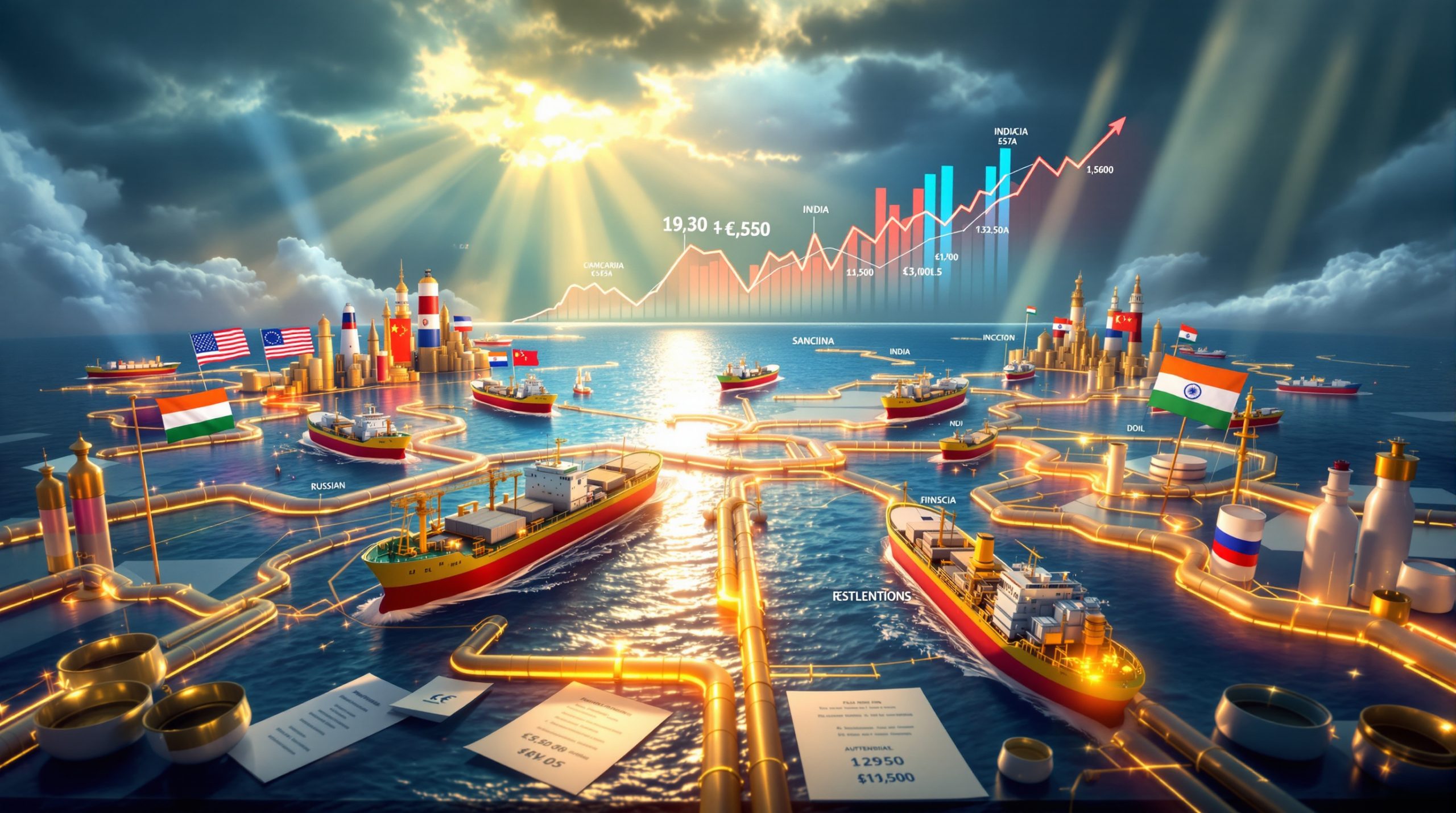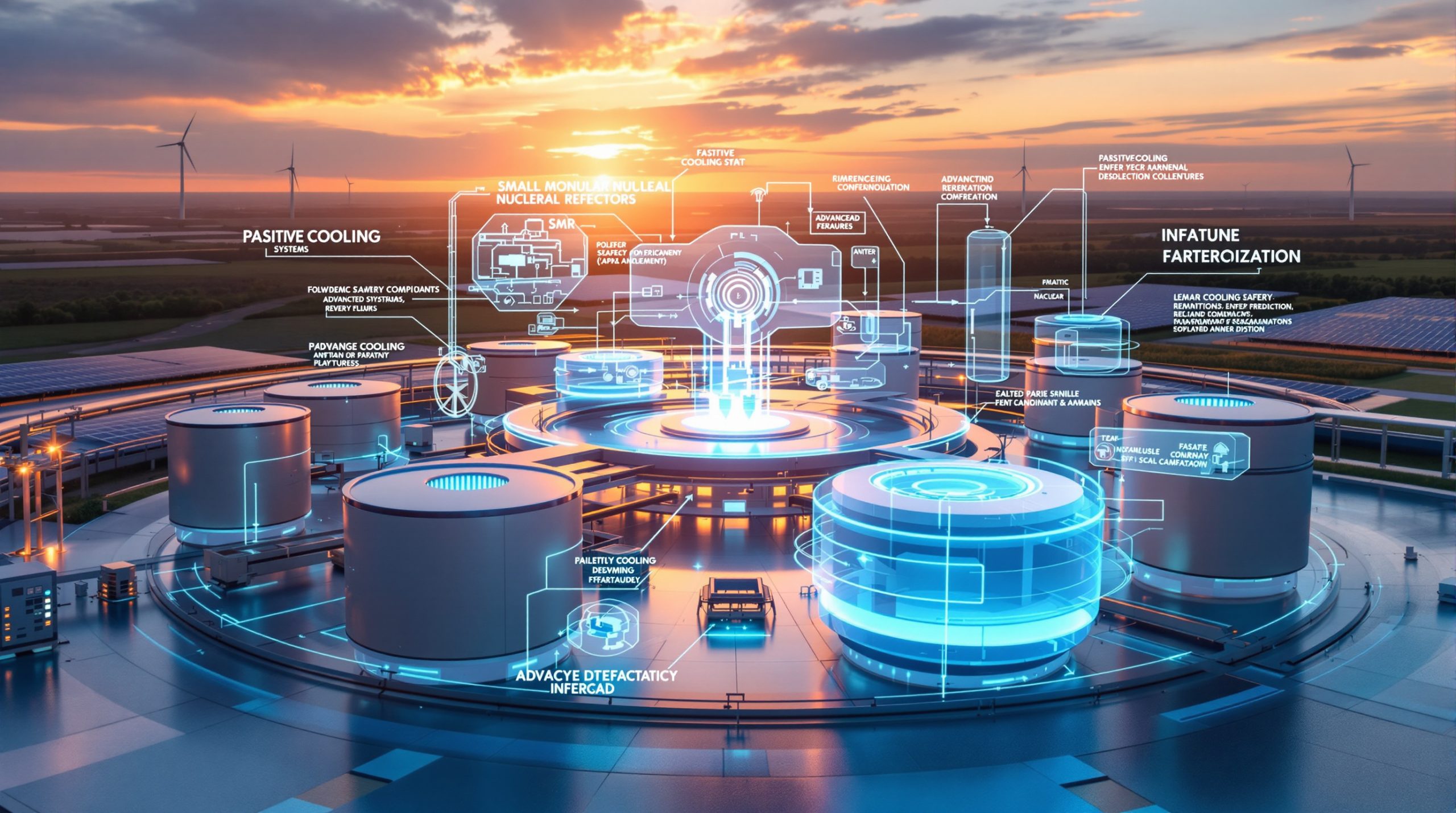Power of Siberia 2: A Game-Changing Energy Corridor
The recent signing of the Power of Siberia 2 pipeline agreement marks a pivotal moment in global energy geopolitics, potentially creating a new natural gas order with far-reaching implications. This landmark deal between Russia and China solidifies their strategic partnership while promising to reshape global energy flows for decades to come.
The agreement comes at a critical time when global energy markets are already experiencing significant disruption due to oil price movements, and represents one of the most substantial shifts in natural gas distribution patterns of the 21st century.
What Makes This Pipeline Deal So Significant?
The newly agreed Power of Siberia 2 pipeline represents a major expansion of Russia-China energy cooperation, designed to transport up to 50 billion cubic meters of natural gas annually from Western Siberia to northern China via Mongolia. This massive infrastructure project will complement the existing Power of Siberia pipeline, which currently supplies 38 billion cubic meters yearly to Chinese markets.
Together, these pipelines will enable Russia to redirect over 100 billion cubic meters of natural gas eastward annually—roughly equivalent to what Russia had planned to send to Europe through the now-abandoned Nord Stream 2 pipeline. This redirection signifies a fundamental restructuring of global gas markets and supply chains.
According to energy market analysis from Oilprice.com, this eastward pivot of Russian gas supplies may become the definitive turning point many analysts have predicted in the global energy landscape.
Technical Specifications and Timeline
The new pipeline will connect gas fields in Russia's Yamal Peninsula and Altai region to northern China, traversing approximately 2,600 kilometers, including passage through Mongolia. With an anticipated 30-year lifespan, the project represents a generational commitment to energy cooperation between the two nations.
The pipeline infrastructure requires significant investment from both countries, with Russia likely bearing the majority of construction costs. While exact timelines remain unspecified in official announcements, infrastructure projects of this magnitude typically require 5-7 years from final agreement to operation, suggesting completion could extend toward 2030.
Construction challenges include:
- Traversing diverse and difficult terrain across three countries
- Extreme weather conditions in Siberia
- Complex engineering requirements for maintaining gas pressure over long distances
- Coordination of regulatory approvals across multiple jurisdictions
Geopolitical Implications of the Russia-China Energy Alliance
The Power of Siberia 2 agreement fundamentally alters the geopolitical energy landscape, creating new dependencies and alliances while diminishing others. This strategic realignment comes amid broader global tensions and shifting power dynamics caused by the ongoing US–China trade war.
How Does This Deal Reshape Russia's Energy Strategy?
Following Western sanctions after the Ukraine conflict, Russia has accelerated its pivot eastward. The Power of Siberia 2 agreement provides Moscow with a crucial alternative market for its vast natural gas reserves after losing significant European customers.
For Russia, this pipeline offers several strategic advantages:
- A stable, long-term export destination for gas that would otherwise have gone to Europe
- Reduced vulnerability to Western economic pressure and sanctions
- Enhanced economic ties with the world's second-largest economy
- Strengthened geopolitical alignment with Beijing on various international issues
- Diversification of energy export routes and markets
The deal also helps Russia maintain its status as a global energy superpower despite Western attempts to isolate it economically. By securing China as a major customer, Russia ensures continued demand for its primary export commodity.
What Does China Gain From This Partnership?
For China, securing additional Russian gas supplies aligns perfectly with its energy security goals and environmental policies. The agreement offers Beijing multiple strategic benefits:
- Diversification of energy supply routes and sources
- Reduced dependence on maritime energy shipments vulnerable to disruption
- Support for domestic coal-to-gas transition to improve air quality
- Potentially favorable pricing compared to international LNG markets
- Strengthened bargaining position with other energy suppliers
China's growing industrial base requires reliable energy sources, and Russian pipeline gas provides greater security than seaborne LNG imports. Additionally, the deal furthers China's Belt and Road Initiative by enhancing infrastructure connectivity across Central Asia.
Economic Impact on Global Energy Markets
The Russia and China alliance in new gas pipeline creates ripple effects throughout global energy markets, altering competitive dynamics and forcing adjustments in energy strategies worldwide.
How Will European Energy Security Be Affected?
Europe faces significant challenges as Russia redirects natural gas eastward:
- Increased reliance on more expensive liquefied natural gas (LNG) imports
- Higher energy costs affecting industrial competitiveness
- Potential supply vulnerabilities during peak demand periods
- Accelerated need for renewable energy development and efficiency measures
- Possible exploration of alternative pipeline supplies from regions like Central Asia
European businesses already struggle with high energy costs that reduce their global competitiveness. The permanent shift of Russian gas eastward will likely exacerbate this problem, creating what energy analysts describe as a "chronic disadvantage" in energy pricing compared to Chinese manufacturers.
What Are the Implications for U.S. LNG Exports?
The Russia-China pipeline agreement creates a complex situation for American LNG producers amid declining US drilling trends:
- Reduced Chinese demand for U.S. LNG as pipeline gas displaces potential imports
- Continued strong European demand for American LNG, but at a competitive disadvantage
- Potential price pressures as global gas flows reorganize
- Domestic U.S. gas demand growth from data centers and industrial users competing with export capacity
According to industry analysis from the Atlantic Council, U.S. LNG exports hit an all-time high in August 2025, despite China stopping imports of U.S. LNG earlier in the year amid tariff disputes. This suggests American producers have successfully redirected volumes to other markets, primarily Europe.
A comparison of delivered natural gas costs highlights Europe's competitive disadvantage:
| Supply Source | Destination | Approximate Cost ($/MMBtu) | Key Factors |
|---|---|---|---|
| Russian Pipeline | China | $7-9 | Lower transportation costs, strategic pricing |
| U.S. LNG | Europe | $10-15 | Liquefaction costs, shipping, regasification |
| Russian Pipeline (historical) | Europe | $8-10 | Now largely unavailable due to sanctions |
| Middle East LNG | Asia | $9-14 | Variable based on oil-indexed contracts |
Challenges and Uncertainties Facing the Pipeline Project
Despite the signing of a legally binding memorandum, the Power of Siberia 2 project faces several significant hurdles before it can deliver on its promised potential.
What Obstacles Could Delay Implementation?
Several important challenges remain unresolved:
- Financing arrangements remain unclear, with Russia likely bearing most investment costs
- Final pricing terms have not been publicly confirmed by China
- Technical challenges of construction across diverse and difficult terrain
- Potential impacts of ongoing geopolitical tensions and sanctions
- Uncertain timeline for completion, with analysts suggesting years or even decades
The project also requires complex diplomatic coordination with Mongolia, which serves as a transit country. While Mongolia stands to benefit from transit fees, it must balance relations with both Russia and China while managing domestic concerns about sovereignty and environmental impact.
How Might Energy Transition Policies Affect Long-Term Viability?
Both countries' climate commitments create uncertainty for the pipeline's long-term prospects:
- China's pledge to reach carbon neutrality by 2060 may limit long-term gas demand growth
- Potential acceleration of renewable energy deployment could reduce natural gas requirements
- Hydrogen blending possibilities may extend the pipeline's relevance in a low-carbon future
- Russia's need to diversify its economy beyond fossil fuel exports
The pipeline's 30-year planned operational lifespan extends well into the period when both countries have committed to significant carbon reductions, raising questions about the project's long-term economic viability.
The Broader Strategic Partnership Between Russia and China
The Power of Siberia 2 agreement represents just one element of a comprehensive strategic alignment between Moscow and Beijing that extends far beyond energy cooperation.
How Does This Energy Deal Fit Into Wider Bilateral Relations?
The Power of Siberia 2 agreement is part of a comprehensive package of 22 cooperation agreements signed during high-level meetings between the Russian and Chinese presidents. This energy partnership reinforces a broader strategic alignment that includes:
- Increased military cooperation and joint exercises
- Coordinated diplomatic positions on international issues
- Growing trade relationships across multiple sectors
- Technological collaboration in sensitive areas
- Financial systems development outside Western-dominated structures
This multifaceted partnership represents what some international relations experts describe as the most significant non-Western alliance in the modern era, potentially creating a counterweight to U.S.-led international systems amid growing US economic pressures.
Future Scenarios for Global Gas Markets
The Russia-China gas deal could catalyze further realignments in global energy partnerships and market structures, creating both challenges and opportunities for various stakeholders.
What New Energy Alliances Might Emerge?
The shifting gas landscape could prompt several new energy relationships:
- Potential expansion of Central Asian gas exports to both China and Europe
- Increased Middle Eastern focus on Asian markets as European demand shifts
- New pipeline projects connecting previously isolated production regions
- Development of alternative gas transit routes avoiding geopolitically sensitive areas
Countries with significant gas reserves but limited export infrastructure, such as those in Central Asia, may find new opportunities to develop their resources as major importers seek diversification.
How Might Western Energy Strategies Adapt?
Western nations will likely respond with adjusted energy security strategies:
- Accelerated renewable energy deployment and electrification
- Expanded LNG import infrastructure in Europe
- Increased focus on domestic production where possible
- Development of new strategic partnerships with alternative suppliers
- Potential reconsideration of nuclear energy policies
The Russia and China alliance in new gas pipeline may inadvertently accelerate Europe's green transition by making fossil fuel imports more expensive and less reliable, creating stronger economic incentives for renewable alternatives.
Conclusion: A New Gas World Order Takes Shape
The Power of Siberia 2 pipeline agreement between Russia and China represents more than just an energy infrastructure project—it signals a fundamental realignment of global natural gas flows with far-reaching implications. By cementing their energy partnership, Moscow and Beijing are creating a new gas order that challenges Western energy security assumptions and reshapes competitive dynamics in global markets, including OPEC production impact.
As this massive project moves from agreement to implementation, its effects will ripple through international relations, economic competitiveness, and energy transition strategies worldwide. The coming years will reveal whether this eastward pivot of Russian gas supplies becomes the definitive turning point many analysts believe it to be.
The emergence of a Russia-China energy axis may also accelerate the fragmentation of the global energy market into regional blocs with different pricing mechanisms, regulatory frameworks, and strategic priorities—potentially ending the era of a truly global gas market.
FAQ: Russia-China Gas Pipeline Alliance
When will the Power of Siberia 2 pipeline be completed?
While no official completion date has been announced, major pipeline projects of this scale typically require 5-7 years from final agreement to operation, suggesting a potential timeline extending toward 2030.
How does this pipeline affect global climate goals?
The impact is mixed. While natural gas produces fewer emissions than coal when burned, expanded gas infrastructure could delay transition to renewable energy. However, if Chinese coal consumption is displaced, net emissions could decrease in the short term.
Could Western sanctions affect the pipeline project?
Current sanctions primarily target Russian oil rather than gas infrastructure. However, technology restrictions could complicate construction, and financial sanctions may affect funding arrangements for the project.
Will this pipeline make China dependent on Russian energy?
The new pipeline will significantly increase Russian gas in China's energy mix, but China maintains a diversified energy supply strategy including domestic production, multiple import sources, and rapid renewable energy growth.
Looking for Early Investment Opportunities in Major Resource Discoveries?
Discover how significant mineral discoveries can lead to substantial market returns with Discovery Alert's proprietary Discovery IQ model, delivering instant alerts on ASX announcements. Explore historic examples of exceptional investment outcomes by visiting our dedicated discoveries page and begin your 30-day free trial today.




